7 Benefits Of Willow Bark Extract For The Skin & How To Use It
Get an idea of the therapeutic properties of this traditionally used medicinal ingredient.

Image: ShutterStock
For ages, willow bark extract has been used as an analgesic, antipyretic, and anti-inflammatory agent (1). Even now, many use willow bark extracts for skin-related issues and treat mobility disorders, such as arthritis or back pain.
Several benefits make willow bark extract an excellent ingredient to add to your skin care regimen. This article discusses how to use it for your skin, its benefits, application, and side effects. Scroll down to read more.
 Know Your Ingredient: Willow Bark Extract
Know Your Ingredient: Willow Bark ExtractWhat Is It?
A herbal remedy made from different varieties of willow tree bark.
What Are Its Benefits?
It has exfoliating properties and can reduce excess sebum, unclog pores, keep your skin hydrated, treat acne, and stop flare-ups in the future.
Who Can Use It?
Anyone can use it, particularly people with oily, sensitive, or acne-prone skin. However, people allergic to salicylates should avoid the item.
How Often?
It is a gentle ingredient and can be used every day.
Caution
It can, at times, cause skin irritation and must be avoided by people with asthma, gout, diabetes, gastritis, stomach ulcers, hemophilia, or kidney or liver issues.
In This Article
What Is Willow Bark Extract?
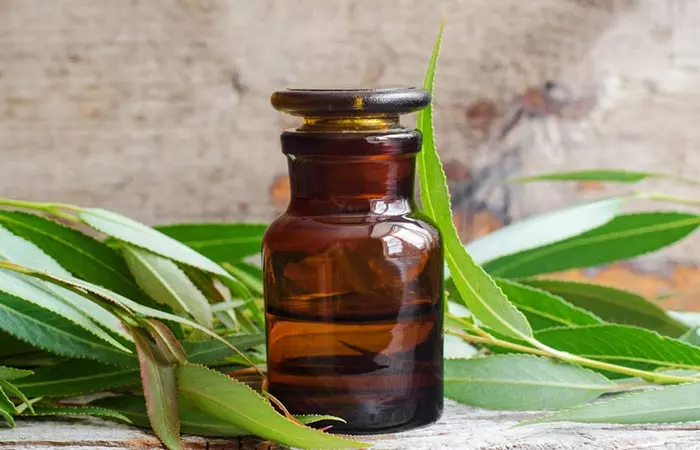
Willow bark extract comes from a wide variety of willow trees, including white willow, black willow, and purple willow. The bark finds widespread applications and uses in the medicine and cosmetic industries. It mirrors the effects of aspirin (due to its salicin content) to help treat pain and fever.
 Trivia
TriviaLet us now explore the benefits of willow bark extract for your skin.
Key Takeaways
- Willow bark extract has been used in traditional medicine for years to treat various medical ailments.
- Due to its high content of polyphenols and flavonoids, willow bark extract may reduce acne breakouts, remove dead cells, retain moisture, and hydrate and nourish your skin.
- You can pair willow bark extract with a hydrating moisturizer or salicylic acid to hydrate skin and boost overall skin health.
- However, pregnant women, lactating women, and children should avoid using willow bark extract as it may result in rashes, stomach cramps, and increased bleeding.
Benefits Of Willow Bark Extract For Your Skin

The benefits of willow bark extract are attributed to its salicin, polyphenols, and flavonoids (1). That said, there is not enough evidence to support the benefits of using willow bark on skin. Hence, consult your dermatologist before using it to treat skin issues such as acne, inflammation, etc.
As per anecdotal evidence, willow bark extract may have the following benefits on your skin.
1. May Help Fight Acne
Willow bark extract may double up as a gentler, all-natural plant-based alternative to salicylic acid. It may help reduce skin oiliness and lower the chances of acne breakouts. This is one reason it is a regular ingredient in a host of skin toners.
Sarah, a style and beauty blogger, discusses her favorite skincare products and mentions her preference for products with willow bark, stating, “The Willow Bark helps control my oil, while getting rid of acne scars from when I was a teenager (i).”
2. May Help Exfoliate Skin
Willow bark is extremely useful in gently exfoliating the skin and removing the dead skin cells. It may help make your skin become naturally radiant.
3. May Reduce The Signs Of Aging
This herbal plant extract contains antioxidants like polyphenols, flavonoids and phytochemicals that help fight against free radical damage and reduce the signs of aging. The American Society for Dermatologic Surgery (ASDS) conducted a survey in 2021 involving 3,527 participants, revealing that around 70% of respondents were considering cosmetic treatments. Lines and wrinkles around or under the eyes (62%) were a common concern and 48% of the respondents were considering the use of an injectable wrinkle relaxer to address it. These respondents may benefit from incorporating willow bark into their skincare regime.
In fact, the salicin in white willow bark was found to demonstrate potent anti-inflammatory properties when taken orally (2).
It exhibits anti-aging effects as it was found to improve the appearance of wrinkles, reduce tactile roughness, pore size, and boost overall skin radiance (2). It also helped improve pigmentation, firmness, and jaw-line contour.
4. May Reduce Redness And Inflammation
Willow bark can be used on sensitive skin with relative ease. It may calm the redness and irritation as it contains tannins, phenolic acids, and essential minerals. These nutrients are said to help minimize inflammation and help boost the cell regeneration process.
5. May Help Shrink Large Pores
The tannins in willow bark are thought to act as a natural astringent. They may help reduce the appearance of large pores and keep the skin tight at the same time.
6. May Treat Dry Skin
The antioxidants in willow bark may help skin retain moisture. Regular use of willow bark is thought to help treat dry skin conditions like eczema and psoriasis.
7. May Help Manage Rosacea
Willow bark contains salicin which has been explored for managing rosacea due to its anti-inflammatory and soothing properties (3). It may be effective in alleviating redness and irritation associated with rosacea. Willow bark may also help reduce the production of inflammatory mediators, which may calm the skin. Additionally, it possesses exfoliating properties that may help in unclogging pores and reducing the risk of flare-ups and bacterial growth on the skin by preventing the accumulation of dead skin cells and sebum (8). However, using willow bark for rosacea should be approached cautiously, as it may cause skin irritation, especially for those with sensitive skin or skin issues. Therefore, consult a dermatologist before using it.
 Trivia
TriviaIf used right, willow bark may pave the way for glowing and youthful skin. In the next section, we will look at how you can use willow bark to for its potential skin benefits.
How To Use Willow Bark Extract For Skin
1. Pair It With A Good Moisturizer
The powerful exfoliating properties of willow bark extract may have a drying effect on your skin. Moisturizing formulas must be used in conjunction with them to keep your skin hydrated. Hence, you can follow up with a hydrating moisturizer.
2. Use It With Salicylic Acid
Use willow bark with products containing salicylic acid to boost the overall exfoliating and skin-cleansing benefits.
Note: Some suggest against using willow bark with retinol, as it is believed to cause certain adverse effects. Willow bark is often included as an active ingredient in cleansers, moisturizers, and toners.
This botanical extract is also not often recommended to be used with vitamin C. Information in this regard is scarce.
3. Add It To Your Night Routine
Willow bark extract can be used as a serum in your night skincare regimen. Its natural salicylic acid content can work overnight to combat clogged pores and acne. Follow it with a gentle, lightweight moisturizer to maintain hydration and balance.
 Trivia
TriviaWillow bark may cause some adverse effects. It is important to be aware about them before you start using the extract in your beauty routine.
Side Effects Of Willow Bark Extract For Skin

Willow bark extract is relatively safe and can be used daily. However, keep the following pointers in mind.
- Willow bark may cause allergic reactions and skin irritation, especially for those allergic to salicylates (4). Hence, do a patch test before you use it topically.
- Consuming excess willow bark may cause stomach cramping and bleeding. However, more research is warranted in this regard.
- Those allergic to aspirin may have a reaction to willow bark (3). Anecdotal evidence reports cases of itching, redness, and rashes. Those with asthma, diabetes, gout, hemophiliai A rare, genetic bleeding disorder that impairs the body’s ability to make blood clots needed to stop bleeding. , hypoprothrombinemiai A condition characterized by prolonged bleeding due to the deficiency of prothrombin, a blood-clotting substance. , and liver disease might be sensitive to aspirin, and must avoid willow bark.
- Avoid using this plant extract with medications like blood thinners and beta-blockersi A group of medications that block the effects of epinephrine to slow down the heartbeat and reduce blood pressure. .
- Children, adolescents, and pregnant and lactating women must avoid using willow bark in any form (5). It is thought to cause Reye’s syndrome, a condition that leads to brain and liver damage.
- Avoid using willow bark if you have a kidney disorder. It is thought to reduce blood flow to the kidneys and lead to renal failure.
- Stop consuming willow bark two weeks before and after any scheduled surgery. It is believed to cause bleeding.
Many of these side effects are yet to be validated by research. Consult your doctor for more information.
Willow bark is often compared with salicylic acid. Which of the two is better? Let us understand more in the next section.
Willow Bark Extract Vs. Salicylic Acid: A Comparison
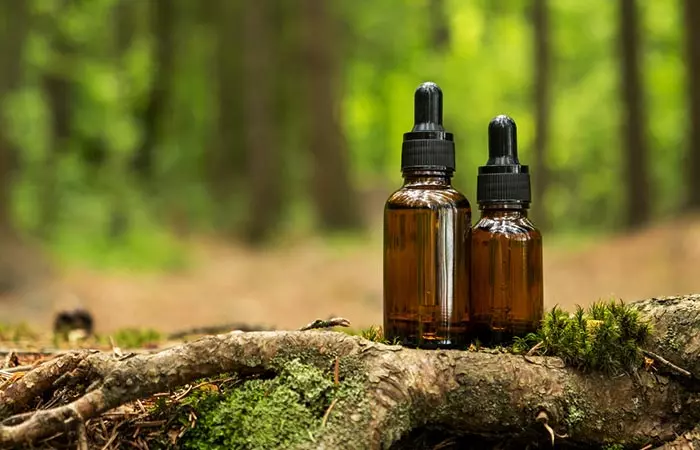
Willow bark extract doubles as an effective natural source of salicin and works similarly to salicylic acid. In fact, willow trees contain salicin. Salicylates, including salicin and salicylic acid, are found in the bark and leaves of the willow trees (6).
Willow bark contains not less than 1.5% of total salicylic alcohol derivatives, making it a gentler alternative to salicylic acid (7).
The salicin in willow bark extract is responsible for its potent antibacterial, antioxidative, and anti-inflammatory properties. However, the extent of willow bark extract’s effectiveness on skin issues as compared to salicylic acid has not been conclusively proven yet.
Salicylic acid, on the other hand, has been used to treat various skin disorders for more than 2,000 years (6). It can exfoliate the skin and may be a good agent for peeling, especially in patients with acne, melasmai A common skin disorder that causes patches and spots darker than the natural skin tone of the face or neck. , photodamage, and freckles.
But salicylic acid is a more aggressive compound, especially for people with sensitive skin. It may cause redness, irritation, and acne breakouts.
Willow bark extract is a much gentler form of salicylic acid and may safely be used on sensitive and acne-prone skin.
Infographic: Willow Bark Toner Recipe
White Willow bark benefits include a smoother and clearer complexion due to exfoliation and cell regeneration. You can use it as a moisturizer, cleanser, or exfoliator. Applying willow bark extract on the skin may help soothe several skin issues, including acne. The DIY recipe discussed below will help you prepare a willow bark toner for your acne issues. Check out the infographic below to know more! Illustration: StyleCraze Design Team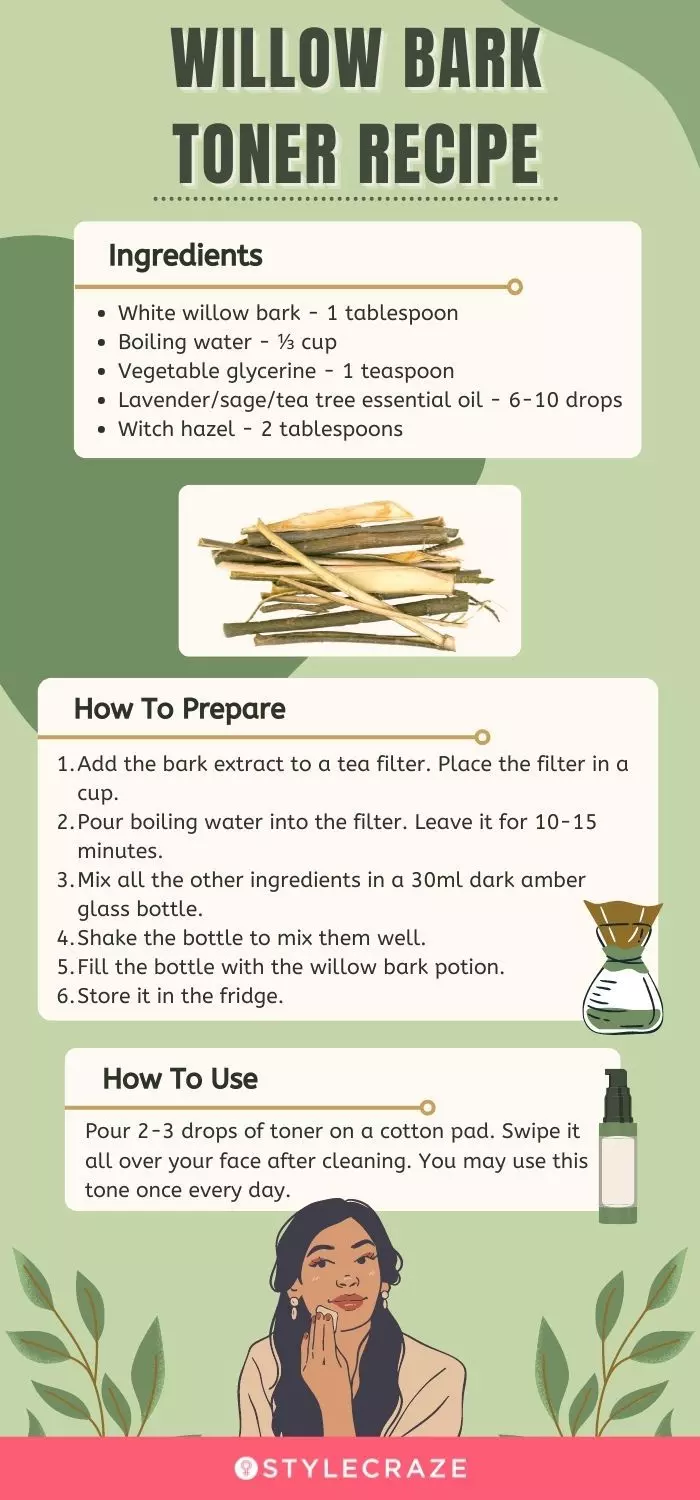
Willow bark has been popular for its pain-relieving properties and is widely used to treat pain and fever. However, you can also use willow bark extract for skin care troubles like premature aging and acne breakouts. The benefits of willow bark extract include fighting acne, exfoliating, improving pigmentation, reducing inflammation, and treating dry skin. It is considered safe for daily use. However, you may experience allergic reactions if you are allergic to salicylates. Therefore, always perform a patch test before incorporating it into your skin care routine.
Frequently Asked Questions
Is willow bark extract the same as salicylic acid?
Willow bark contains salicin, which is a gentler version of salicylic acid, helps in skin exfoliation.
Does willow bark unclog pores?
Yes, willow bark contains salicin that acts as an exfoliant and clears your pores of dirt and dead skin.
Is willow bark good for oily skin?
Yes, willow bark may clear your pores of excess oil, making it ideal for oily skin.
Discover the amazing benefits of white willow bark–a natural source of salicylic acid. Click on this video and learn how this item can help improve your skin and overall health.
Personal Experience: Source
StyleCraze's articles are interwoven with authentic personal narratives that provide depth and resonance to our content. Below are the sources of the personal accounts referenced in this article.
i. FAVORITE SKINCARE PRODUCTShttps://blushandlashes.wordpress.com/2015/06/11/favorite-skincare-products/
References
Articles on StyleCraze are backed by verified information from peer-reviewed and academic research papers, reputed organizations, research institutions, and medical associations to ensure accuracy and relevance. Read our editorial policy to learn more.
- Efficacy and Safety of White Willow Bark
https://www.researchgate.net/publication/277024726_Efficacy_and_Safety_of_White_Willow_Bark_Salix_alba_Extracts_Willow_Bark_Extract_Efficacy_and_Safety - An evaluation of the effect of a topical product containing salicin on the visible signs of human skin aging
https://pubmed.ncbi.nlm.nih.gov/20883292/ - Willow species and aspirin: different mechanism of actions
https://pubmed.ncbi.nlm.nih.gov/21226125/ - Efficacy and Safety of White Willow Bark (Salix alba) Extracts
https://pubmed.ncbi.nlm.nih.gov/25997859/ - Evaluation of presence of aspirin-related warnings with willow bark
https://pubmed.ncbi.nlm.nih.gov/15928264/ - Salicylic acid as a peeling agent: A comprehensive review
https://www.researchgate.net/publication/281064717_Salicylic_acid_as_a_peeling_agent_A_comprehensive_review - Willow bark extract increases antioxidant enzymes and reduces oxidative stress through activation of Nrf2 in vascular endothelial cells and Caenorhabditis elegans
https://www.ncbi.nlm.nih.gov/pmc/articles/PMC3800243/ - Antioxidative and Antimicrobial Evaluation of Bark Extracts from Common European Trees in Light of Dermal Applications
https://www.mdpi.com/2079-6382/12/1/130
Read full bio of Dr. Priya Gill
Read full bio of Arshiya Syeda
Read full bio of Ramona Sinha
Read full bio of Swathi E










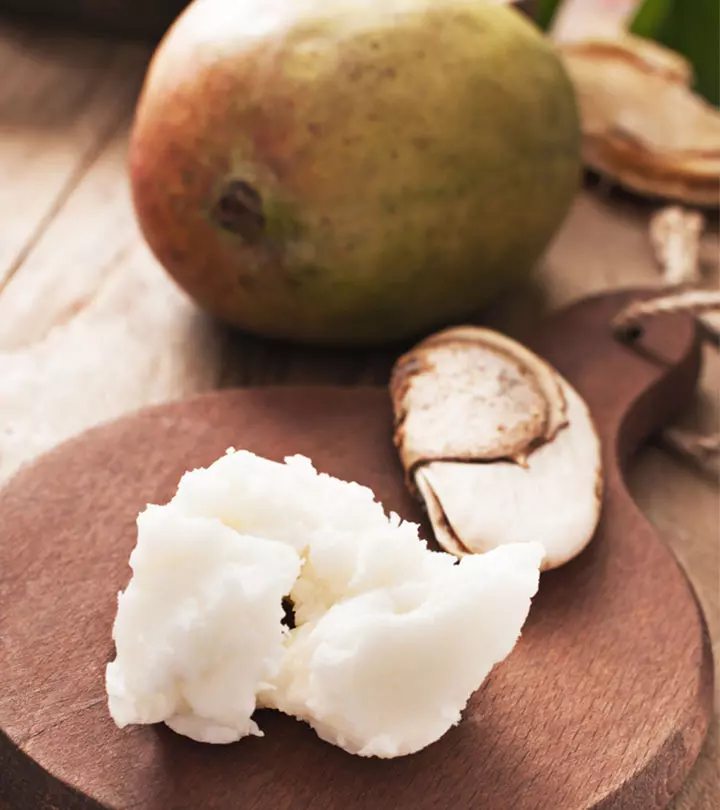






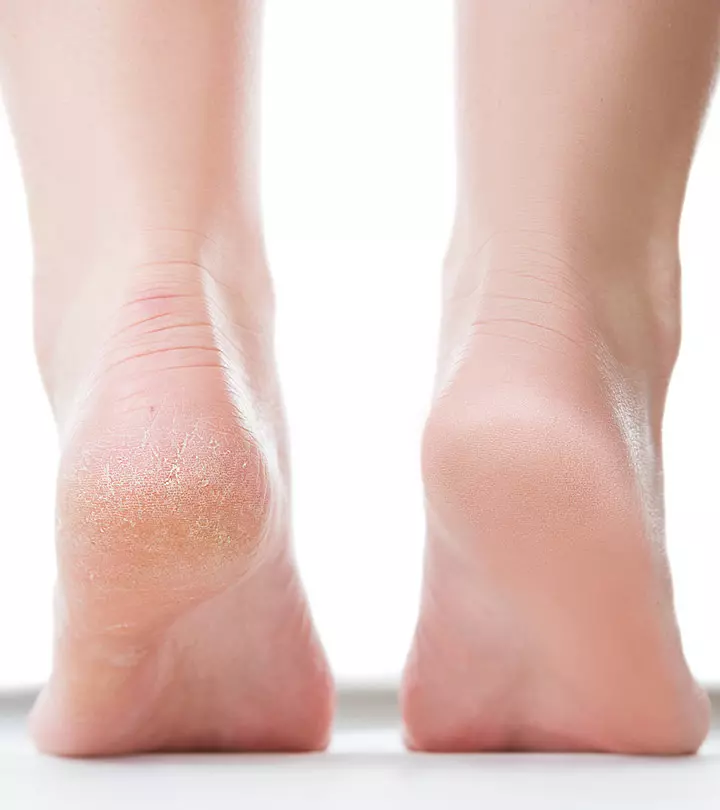





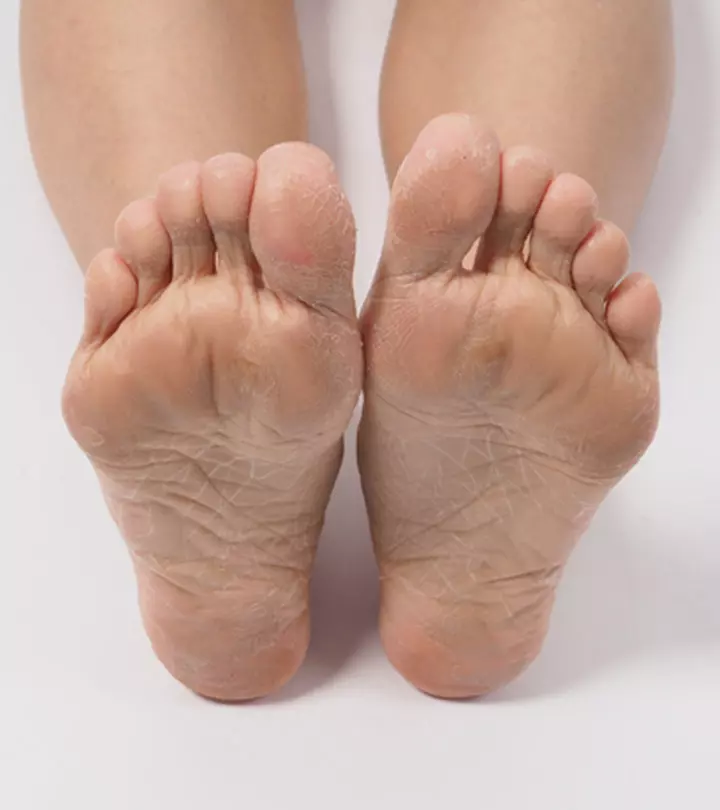

Community Experiences
Join the conversation and become a part of our empowering community! Share your stories, experiences, and insights to connect with other beauty, lifestyle, and health enthusiasts.